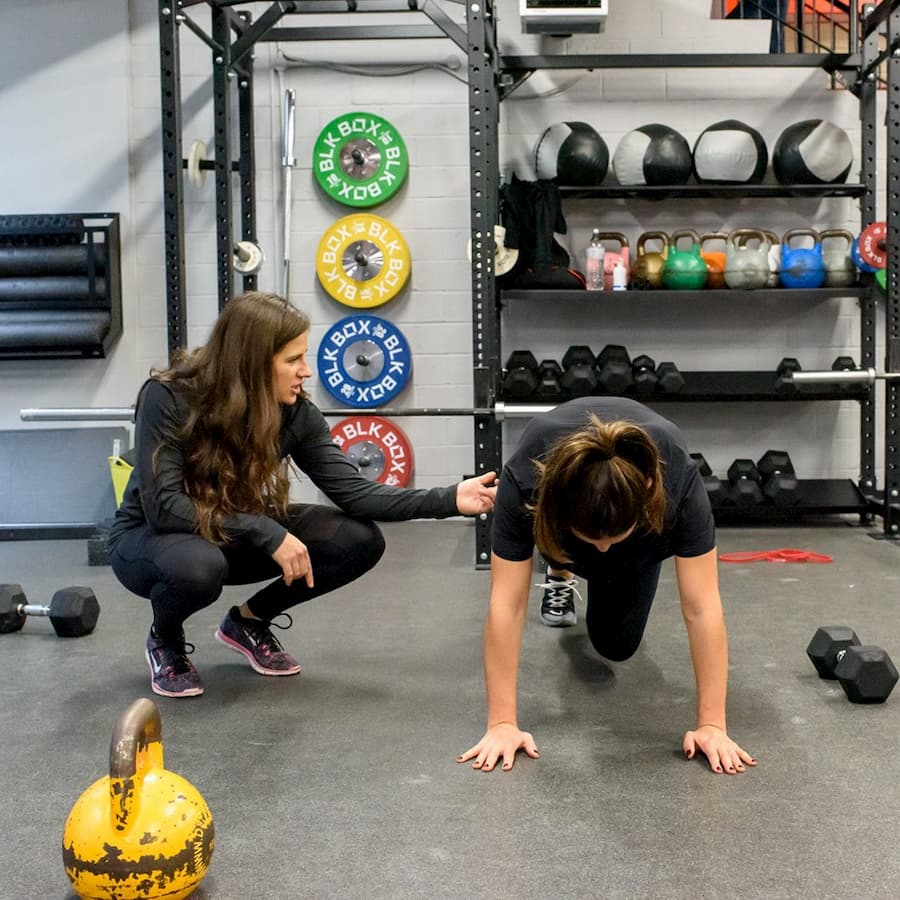In the first of a new series of masterclasses, pro-trainer Jean-Claude Vacassin reveals the smartest ways to help your health.
Exercise means different things to different people: it can help with weight loss, a healthier life or completing a race. Over the next few months, I’ll show you how to tailor your exercise regime to reach your goal. This month, it’s how to maximise your health.
Balance Your Body
Structural health is key to longevity and long-term results. Muscles, connective tissue and bones all impact on how your joints function and, if you train hard, you need a balanced body to stay injury-free. Do single-leg exercises to balance your left and right sides; lower-back moves to counterbalance strong abs; and add glute and lower abdominal exercises to balance the pull of your hip flexors.
Monitor Your Energy Levels
Recovery is as important as training and you need to learn to listen to your body. A structured programme is a great way to ensure progress, but understand that this is a moving target and can be tweaked. The best way to monitor your energy levels is to ask yourself ‘how do I feel today?’ Do you feel physically and mentally prepared to exercise? If the answer is no, do something tomorrow after a rest day.
Pay Back What You Take Out
Training hard doesn’t mean you can eat whatever you like. Sure, you’ll be able to eat a few extra calories and enjoy the odd treat but, if you ask more of your body, you need to ‘pay it back’. Intense exercise requires more nutrients, such as protein, vitamins, minerals and adequate hydration – you need to consume these or you’ll run out of the raw materials you need to train and recover. Junk food just won’t cut it.
You can’t do the same things and expect different results. Your training should go through cycles. This might be as simple as a lighter training week in every four, or doing three weeks of strength training followed by three weeks of cardio work. It’s important to change the pace and focus of your programme to help yield better results in the long run and reduce injury risk.
Include Active Recovery
Rest days are more effective when they’re active. Plan a light jog or recovery swim, or do some additional mobility and soft-tissue work. These lighter recovery days will help your body repair from harder sessions, plus you can include important corrective and pre-habilitation exercises (preventative training to stop a problem before it happens).
Moves for Maximum Health
1. Overhead Squats
Increase mobility and strength
Stand with feet wider than shoulder- width apart and toes turned out slightly. Press a barbell overhead with a wider than shoulder-width grip. Squat down as far as possible and return to standing.
2. Turkish Get-Ups
Test your body in multiple places and boost shoulder health
Lie on your back with you left leg straight and right knee bent. Press a kettlebell into the air with your right hand. Keeping your right arm straight, drive up through your right leg to come onto your left elbow and forearm. Continue to drive up, lifting your hips, then sliding your left leg under you in a low lunge with the weight above your right shoulder. Continue to rise up to standing.
3. Hill Runs
Work your heart and lungs and encourage a shorter stride, reducing knee stress.
Find a long, steady incline. Sprint up the hill and run steadily downhill.
If you have any questions or would like to chat about any of the above, don’t hesitate, visit our gym and try one of our womens personal fitness training sessions.
Related Articles
- Training Tips for Women
- 7 Reasons Women Should Strength Train
- Women’s Fitness Training – Shifting the Focus
- Women: Why Protein Can Help You Get In Better Shape
- How Do Men and Women React Differently to Exercise?

